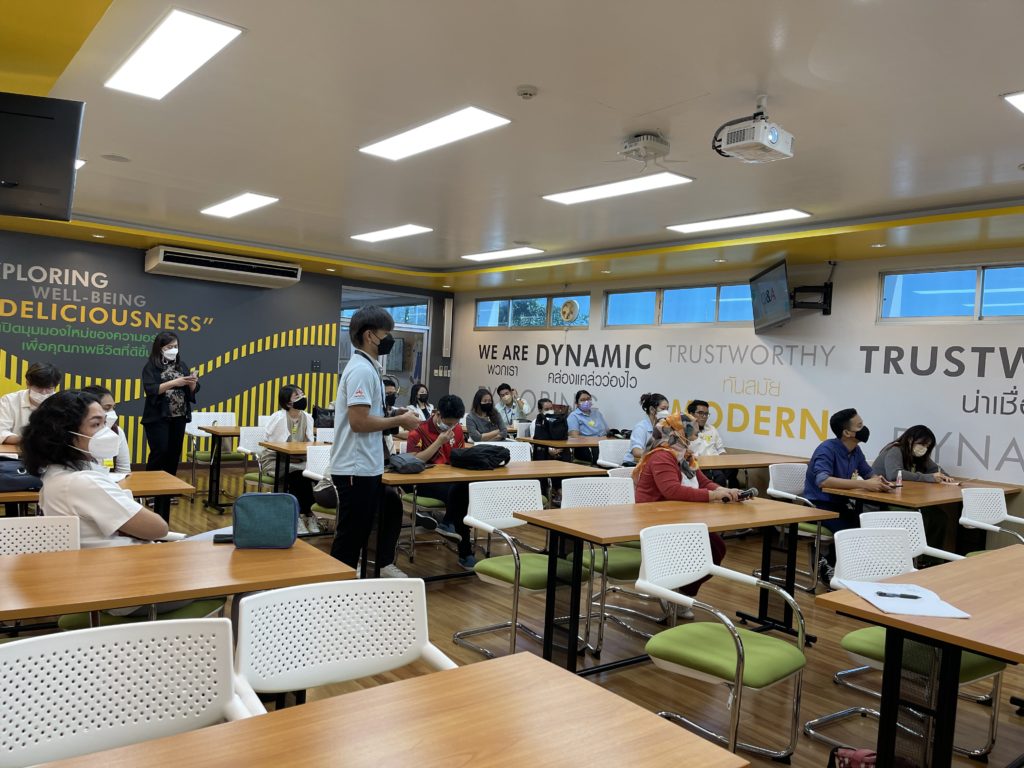Projects



Research Projects
Gender and Development Studies Program in partnership with Socioeconomic Gender Research Institute (SEGRI) Myanmar is working on a capacity building for staff and students at Yangon University of Economics on qualitative research. The project, supported by IDRC Canada, is working on developing gender and development courses as well as integrating gender in other courses as well as strengthen gender research capacity at YUE. This is done through a series of workshops and graduate education (both master’s and certificate). There are five small research projects conducted under this project.
Visit the project page: View more
SEZs have emerged as foreign investment-capturing instruments and a prominent strategy in the pursuit of regional economic integration in the Greater Mekong Sub-region.
The Mekong Migration Network (MMN) and Asian Institute of Technology (AIT), supported by Canada’s International Development Research Centre (IDRC), jointly implemented the project Jobs at the Border: Promoting Gender-Sensitive Policies for Special Economic Zones in the Mekong Region a research and advocacy project from 2016 to 2019, investigating labour and migration issues in Mekong SEZs through a gendered lens.
Guided by the question of whether the jobs being created within these zones are promoting decent work for women migrant workers, this study developed four case studies of SEZs: Thilawa SEZ (Yangon Region, Myanmar), Phnom Penh SEZ (Phnom Penh, Cambodia), Manhattan SEZ (Svay Rieng Province, Cambodia), and Tak SEZ (Tak Province, Thailand), with a particular focus on the garment industry.
Visit the project page: View more
Dr. Philippe Doneys, Professor Kyoko Kusakabe, Dr. Joyee Chatterjee
1 June 2018-31 August 2021
International Development Research Centre (IDRC)
Dr. Kyoko Kusakabe
1 Jan 2016 – 31 Dec 2018
International Development Research Centre (IDRC)
Visit the project page: View more